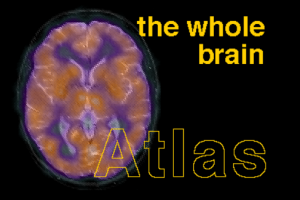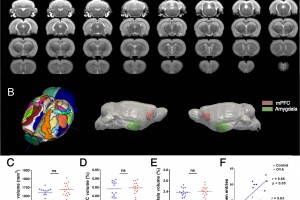Neurofeedback Shows Promise for Addressing ‘Chemo Brain’
Restoring normal functioning in the brains of cancer patients through neurofeedback could potentially alleviate the mental fogginess that many report after treatment, according to a new pilot study from UCLA researchers.
chemobrain is a term commonly used to describe thinking and memory problems that a patient with cancer may have before, during, or after cancer treatment.
The study is one of the first to indicate that neurofeedback, or electroencephalogram (EEG) biofeedback, could help address cognitive deficits of cancer patients experiencing “chemo brain,” a myriad of symptoms that could include problems with memory, concentration and organization, as well as other symptoms like trouble sleeping and emotional difficulties.
Previous research has found that neurofeedback, in which brain waves are trained to operate in optimal frequency patterns, has helped improve cognitive function in patients with cognitive impairments like attention-deficit/hyperactivity disorder, stroke and seizures, as well as helped regulate brain activity in patients with substance use and post-traumatic stress disorders.
“The history of neurofeedback shows that it’s helpful for a whole range of disorders and symptoms. This study was an opportunity for seeing whether neurofeedback is something that could be helpful with chemo brain,” said Stephen Sideroff, a professor at UCLA’s Department of Psychiatry & Biobehavioral Sciences who led the study and has used neurofeedback training with patients for over 20 years.
The study was published this month in the Journal of Complementary and Integrative Medicine.
The study by Sideroff and UCLA colleagues David Wellisch and Valerie Yarema included nine female breast cancer patients between the ages of 21 and 65 who had completed chemotherapy at least one year earlier and complained of debilitating symptoms of chemo brain, which brought significant disruptions to their work and personal lives.
A clinical nurse practitioner conducted a brief mental status interview with each patient to confirm that they had persistent difficulties with concentration, memory, organization and confusion.
Neurocognitive testing conducted after the neurofeedback sessions showed substantial improvements in the study participants’ information processing, executive set shifting and sustained visual attention. Each improved in everyday functioning and had overall psychological improvement.





Related Posts